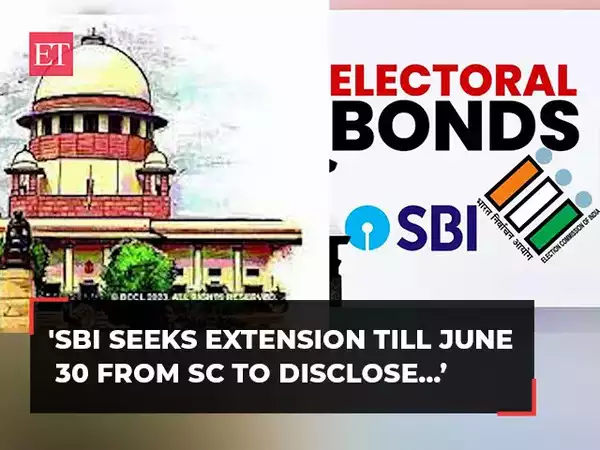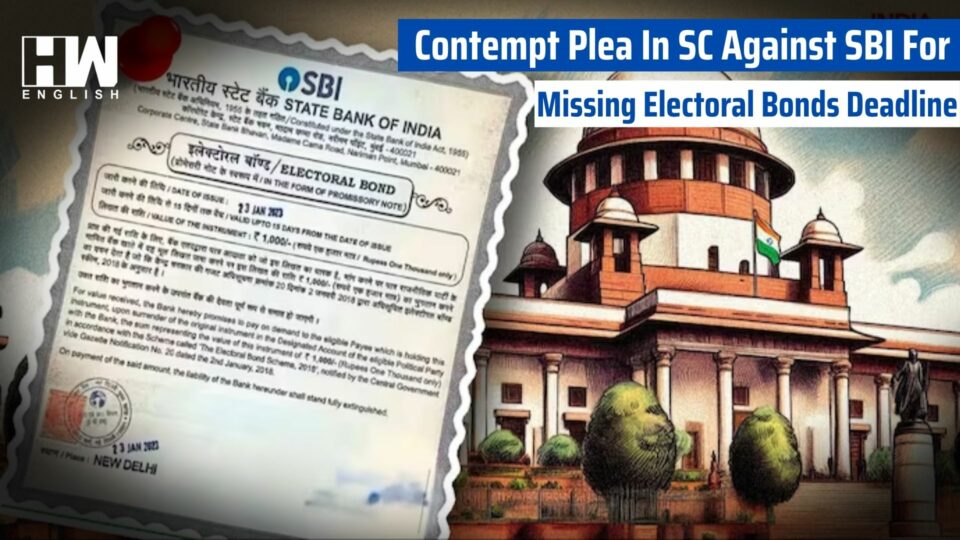The recent application filed by the State Bank of India (SBI) in the Supreme Court, seeking an extension until June 30, 2024, to comply with the court’s directives regarding the disclosure of details of political contributions through Electoral Bonds, has raised significant concerns.

In the application, SBI revealed that certain critical data, including donor details, were stored in physical form rather than digitally. This revelation is startling, particularly considering the digital advancements in banking operations, especially by a prominent institution like SBI.
The application also shed light on the internal procedures of SBI, suggesting a complex process for handling Electoral Bonds. The scenario described in the application raises questions about the efficiency and coordination within the bank’s branches.
Furthermore, the timeline presented in the application is concerning. Despite the Supreme Court’s directive issued on February 15, 2024, SBI took 17 days to realize its inability to comply by the given deadline of March 6, 2024, ultimately requesting an extension until June 30, 2024.
This delay has fueled speculation and apprehensions about potential impediments to the implementation of the court’s judgment. Reports and discussions soon emerged after the judgment, suggesting skepticism about whether the directed disclosures would indeed occur.
Now, the matter rests with the Supreme Court, raising anticipation about whether this landmark judgment will be upheld or become a victim of bureaucratic delay, echoing the sentiment that “delay is the deadliest form of denial,” as famously stated by C. Northcote Parkinson.
